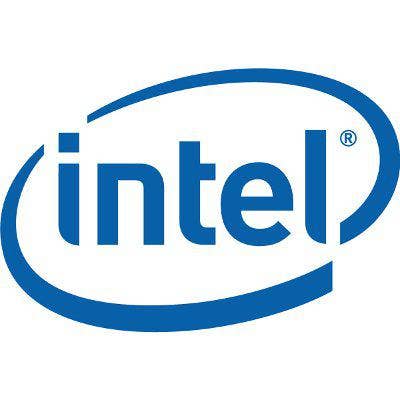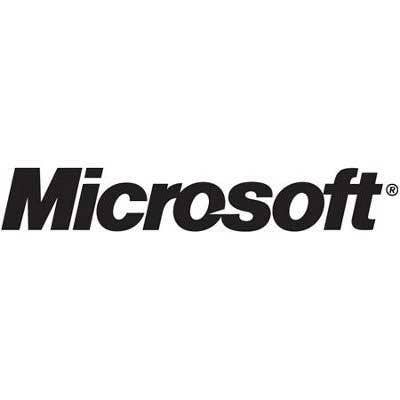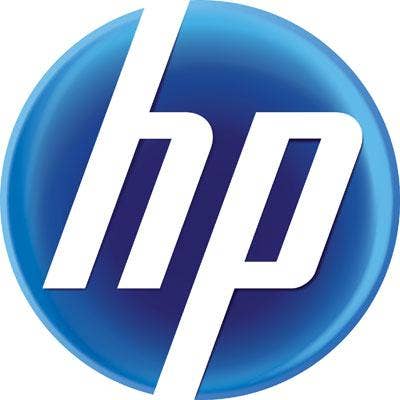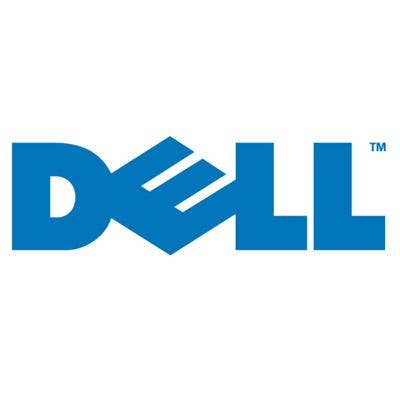Five Companies That Dropped The Ball This Week

Intel Pays $7.68 Billion For McAfee
The most surprising deal in the security market since Symantec's $13.5 billion acquisition of Veritas in 2005 has many industry analysts scratching their heads in bemusement. They're having a hard time finding the synergies here, and when you look at the 60 percent premium Intel paid for McAfee, it's tough to blame them. Seriously, is there something in the water over there?
Security industry analyst Richard Stiennon noted that the $7.68 billion deal is the largest to date involving a security pure-play. However, he also described it as "the worst" given that Intel could have achieved the same goals by purchasing a smaller, cheaper security firm.
"There is no synergy, no channel benefits, marginal revenue enhancement (considering the price), no new markets, and no meaningful strategy," Stiennon said in his blog post.

Microsoft's Volume Licensing Portal Goes Down Again
Microsoft channel partners were up in arms last December after a glitch took down the company's Volume Licensing Service Center (VLSC) portal for more than a week. Technical problems in the VLSC persisted for months, but Microsoft's VLSC 3.5 update in April was supposed to take care of that.
Apparently, though, the VLSC is still a tricky beast that Microsoft has yet to tame. The portal was down for three days this week, and Microsoft was vilified on Twitter by angry users fearing a repeat of the earlier problems. They seemed most upset that Microsoft tried to characterize the outage as a planned update, when in fact its time frame for completing the update kept moving.
Now, this wouldn’t be that big a deal if Microsoft partners didn't need the VLSC to obtain license keys and run their business. But since they do, Microsoft is going to get roasted every time the VLSC goes down.
Oracle Pulls Plug On Open-Source Solaris
One of the big questions people had about Oracle's acquisition of Sun was whether Oracle would maintain Sun's level of commitment to the open-source community. These concerns prompted James Gosling, the original designer of the Java programming language, and Simon Phipps, Sun's chief open-source technology officer, to leave the company after the acquisition closed.
This week, we got some clarity on how things will shake out, and the cynics weren't surprised. It looks like Oracle is shutting down OpenSolaris, the open-source version of the Solaris operating system, to focus on Solaris 11, the next commercial version of the OS.
Perhaps this is what Sun CEO Jonathan Schwartz meant when, in announcing his resignation, he urged employees that were staying on with Oracle to "emotionally resign" from Sun.

More Details Emerge In HP's Mark Hurd Scandal
HP was hoping the Mark Hurd scandal would go away, but it just refuses to fade. This week The Wall Street Journal reported that Hurd went around HP's board to make his own, non-board-sanctioned settlement with Jodie Fisher, who filed the now-famous sexual harassment claim against the ex-HP CEO.
At this point, who can say what really happened? If Hurd was willing to go against the wishes of the HP board, that's a pretty suspicious move. This is the kind of behavior that would prevent an embattled employee from getting a $28 million golden parachute, wouldn't you think?

Dell Misses Wall Street's Expectations
It wasn't a disaster like what the Streak smartphone-cum-tablet most certainly will be, but Dell's second-quarter earnings didn't leave investors feeling warm and fuzzy about the future.
This seems strange given that Dell's Q2 net income rose 16 percent and revenue was up 22 percent. But gross profit margin dropped to 16.6 percent compared to 18.7 percent a year ago, and consumer demand for PCs also waned during the quarter. All of this adds up uncertainty, and that kind of stuff scares investors.